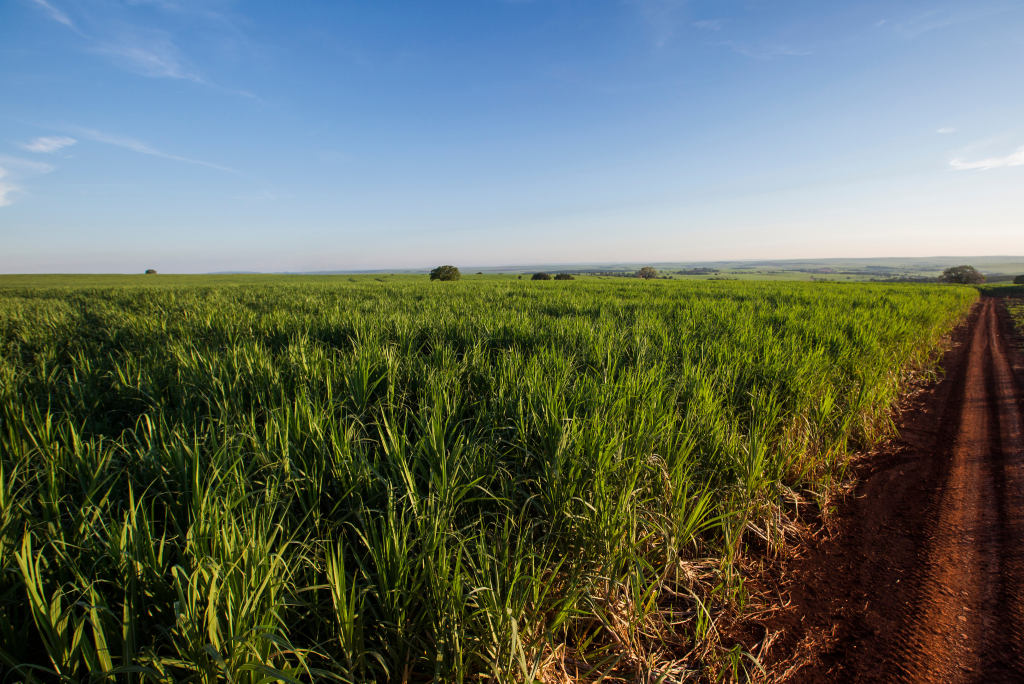Sunshine on a Rainy Day: Crushing Season Performs Despite Flood Devastation
Rainfall is almost always considered by farmers to be a ‘godsend’. But as the widespread flooding proved for canegrowers in the Northern Rivers region in February and March 2022, sometimes, it can be catastrophic.
Documented as being the most severe in Australian recorded history, the New South Wales sugar industry was located smack in the middle of it with the sugar towns of Lismore, Coraki, Woodburn, Broadwater, and Wardell hit hard, suffering huge damage to mills and crops.
Sunshine Sugar Chief Executive Officer Mr Chris Connors said that the flooding had been an extraordinary challenge for communities, and the business to clean up and get operational again.
“As an industry, we pick up the pieces and start afresh,” he told The Cultivator.
The Harwood Sugar Mill and Refinery, located on Harwood Island on the Clarence River in northern New South Wales, saw flooding in the main administration building which caused substantial damage to flooring, walls, furniture, communications, and infrastructure technology.
The Condong Sugar Mill on the Tweed River saw unprecedented flood heights cause significant impacts to parts of the milling and packing operations, with major damage and loss of electric pumps, motors, and switchboards. Clean up works started soon after the flood waters subsided with tonnes of mud and debris needing to be removed before any repairs could begin.
The Richmond River experienced the worst of the flooding, with record-breaking levels impacting towns and farmland from Casino and Lismore to Ballina on the coast. The Broadwater Sugar Mill had nearly three metres of floodwater sweep through it, leaving behind a scene of chaos and devastation.
Many farmers and mill employees in the area lost homes, crops, livestock, and machinery.
Racing the season start clock with crushing due to commence in June 2022, growers, millers, harvesters, and transport operators worked together with local contractors to get the mills back operating for the crushing to get underway.
Harvesting of sugarcane from the local farms was able to start on June 15th, and despite crushing being hampered by the amount of mud, debris and ongoing wet weather, Harwood Sugar Mill crushed more than 300,000 tonnes of cane, with Commercial Cane Sugar (CCS) sugar content levels performing very well under the circumstances.
“Thanks to the outstanding effort of employees and specialist contractors, Condong’s harvesting and crushing was able to start late-June in the Tweed region with remarkably more than 140,000 tonnes of cane crushed, with CCS performing higher than expected,” said Mr Connors.
Repair works at Broadwater have been non-stop for almost six full months but at the end of August, only minor issues were left to be resolved with crushing commencing on the first day of September.
The total cost to repair and recover all three sugar mills is expected to be more than $40 million.
“This flood event was unprecedented. No one in the area had seen anything like it and it was an adjustment for our growers, employees, and contractors to come to terms with what they were faced with. Many of them had experienced damage to their own homes and properties.
“Our thanks also go to everyone who has helped on this enormous journey, from washing down the areas of the factory that were covered with flood sediment through to the total repair and recovery of buildings and equipment.
“All of this has been an extraordinary challenge but our employees, growers and communities across the Northern Rivers who have shown yet again the resilience that has kept the industry alive and thriving for more than 150 years,” Mr Connors said.
